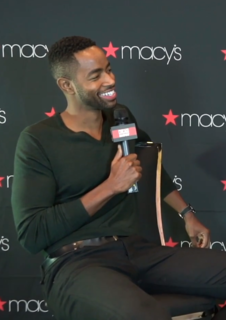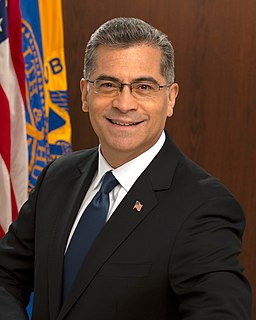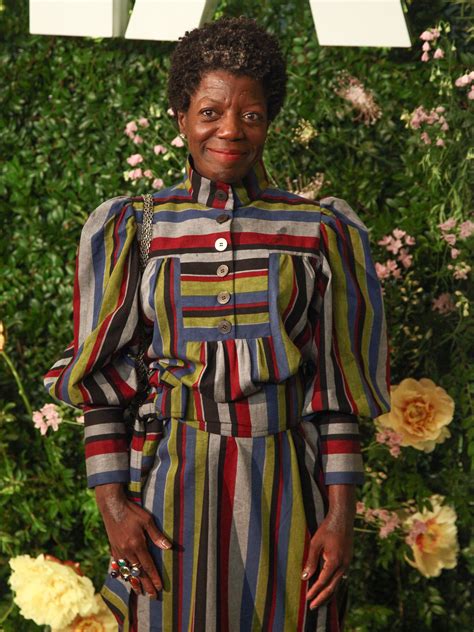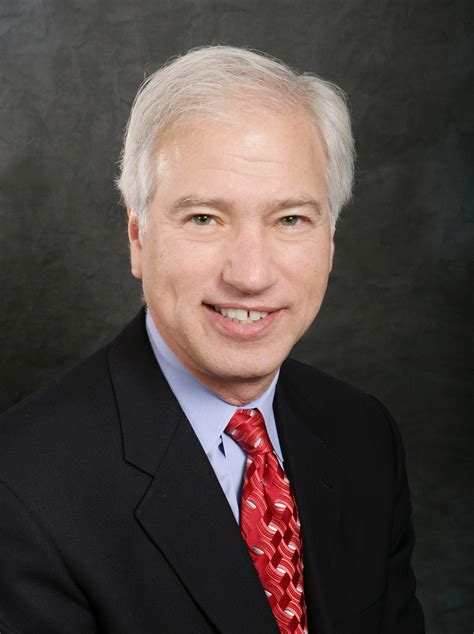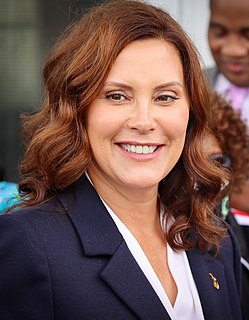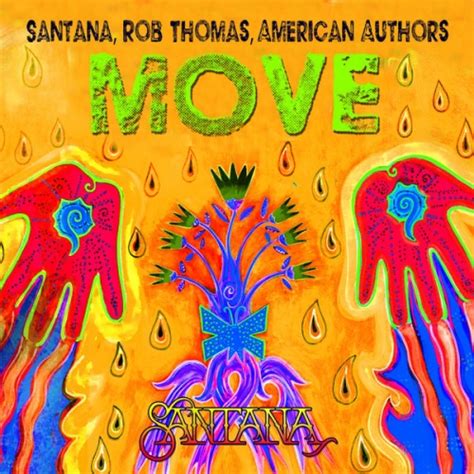A Quote by Jay Ellis
We [African-Americans] are nearly half of all of the new cases of HIV every year, but we only represent 13 percent of the [U.S.] population. So, this is something that's literally bombarding our community, non-stop. We're such a small part of the nation [and] those numbers are alarming. We're putting ourselves in danger, we don't talk about getting tested and we don't talk about knowing [your status].
Related Quotes
We talk to ourselves incessantly about our world. In fact we maintain our world with our internal talk. And whenever we finish talking to ourselves about ourselves and our world, the world is always as it should be. We renew it, we rekindle it with life, we uphold it with our internal talk. Not only that, but we also choose our paths as we talk to ourselves. Thus we repeat the same choices over and over until the day we die, because we keep on repeating the same internal talk over and over until the day we die. A warrior is aware of this and strives to stop his internal talk.
On the contrary, it's because somebody knows something about it that we can't talk about physics . It's the things that nobody knows anything about that we can discuss. We can talk about the weather; we can talk about social problems; we can talk about psychology; we can talk about international finance gold transfers we can't talk about, because those are understood so it's the subject that nobody knows anything about that we can all talk about!
10 years ago [in 2006], nearly 90 percent of those albums sold enough in that year to reach Gold status. 10 years later, about 30 percent were eligible. With the new rules, we figure about 40 percent of the top 200 best-sellers for the year will be eligible. We were very cautious in our approach to changing how we calculate what is eligible because the integrity of the process is our foremost consideration. It's difficult to get certified sales awards, and it's a big deal and we didn't want there to be a huge change in how many would be eligible.
I belong to a bowling team with black and Latino coworkers. And when we get together and we talk about politics - I'm almost quoting him - he said, we don't talk about Black Lives Matters. We talk about what matters to our families. We talk about jobs, and we talk about the fate of the country. That is America, and you can reach those people.
When you talk about your troubles, your ailments, your diseases, your hurts, you give longer life to what makes you unhappy. Talking about your grievances merely adds to those grievances. Give recognition only to what you desire. Think and talk only about the good things that add to your enjoyment of your work and life. If you don't talk about your grievances, you'll be delighted to find them disappearing quickly.
The US is a country [in which] eighty percent of the population thinks the Bible was written by god. About half think every word is literally true. So it's had to appeal to that - and to the nativist population, the people that are frightened, have always been... It's a very frightened country and that's increasing now with the recognition that the white population is going to be a minority pretty soon, "they've taken our country from us."
